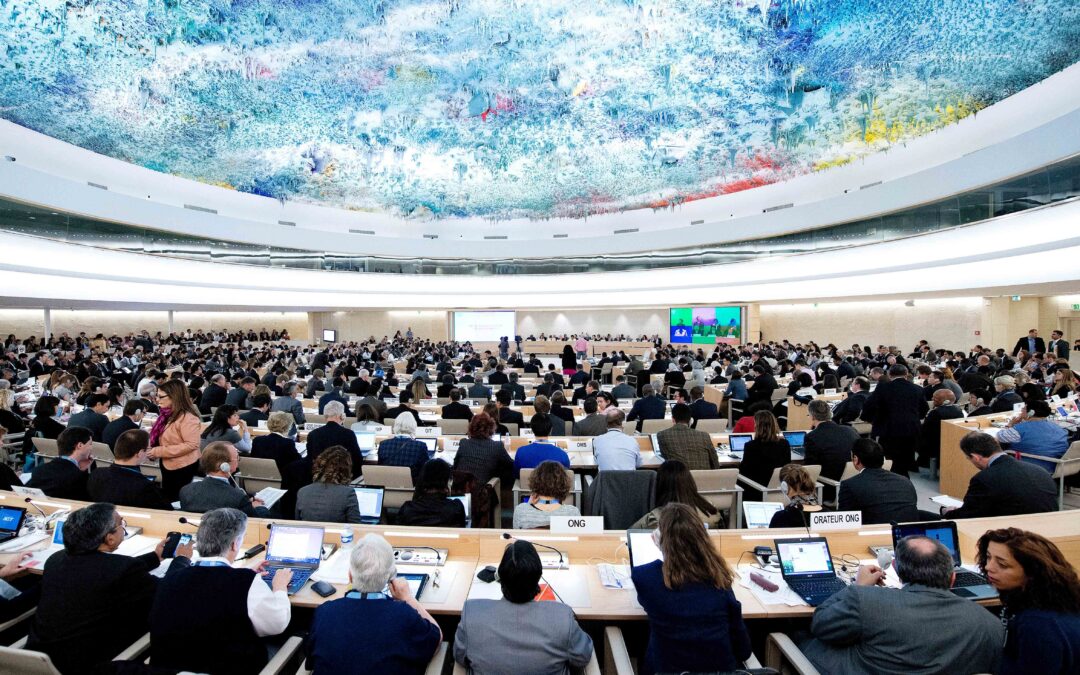
Mar 5, 2014 | Advocacy
The ICJ has submitted a written statement to the Human Rights Council, on lack of progress in Nepal to end impunity.
The written statement, published by the United Nations today, notes that in 2012 the Government of Nepal adopted a plan to implement the recommendations made during its 2011 Universal Periodic Review (UPR) by the Human Rights Council.
However, Nepal has failed to take necessary measures to implement recommendations on ending impunity.
Key concerns include:
- the failure to implement recommendations for strengthening the National Human Rights Commission (NHRC),
- failure to draft constitutional provisions consistent with international legal principles on the protection of human rights, rule of law and the right to effective remedy,
- failure to establishment of credible transitional justice measures,
- failure to take the necessary practical steps in relation to individual cases, towards ending impunity
Nepal-WrittenStatement-HRC25-Advocacy-2014 (download PDF)
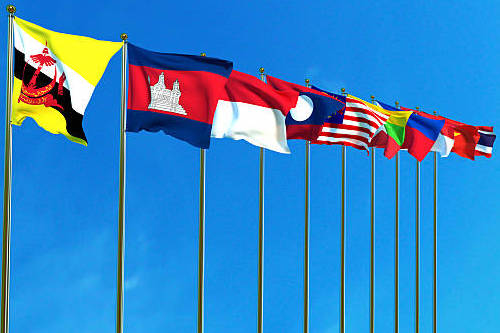
Mar 4, 2014 | Agendas, Events
This side event to the 25th Human Rights Council session will take place on Friday, 7 March 2014, 12.00 – 14.00 pm, in Geneva, Palais des Nations, Room XXI.
The panel, which includes family members of victims of enforced disappearance, will discuss unresolved cases of enforced disappearances in Southeast Asia, including human rights defenders Somchai Neelapaijit (Thailand) and Sombath Somphone (Laos).
The panel will also discuss the response of the ASEAN Intergovernmental Commission on Human Rights (AICHR), the regional human rights body composed of representatives from all ASEAN Member States, to these two cases and more generally to enforced disappearances of human rights defenders in the region.
Speakers:
Aileen Diez-Bacalso
Secretary General, Asian Federation Against Involuntary Disappearances (AFAD)
Angkhana Neelapaijit
Chairperson, Justice for Peace Foundation
Emerlynne Gil
International Commission of Jurists (ICJ), Southeast Asia
Chair/moderator:
Wilder Tayler
Secretary General, the International Commission of Jurists
The presentations by panelists will be followed by an open interaction with the audience. Copies of ICJ’s legal memorandum on the case of Sombath Somphone and the report Ten Years without Truth: Somchai Neelapaijit and enforced disappearances in Thailand will be available. Light refreshments will also be available immediately before the event.
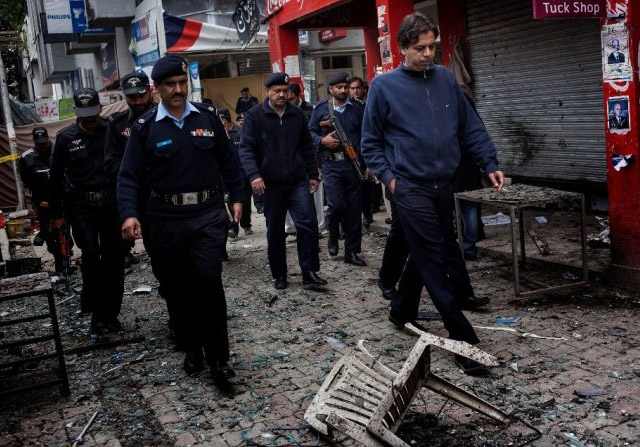
Mar 3, 2014 | News
The shooting and bombing at an Islamabad Court today should be condemned as a presumed attack against the judicial officials and the independence of the judiciary in Pakistan, says the ICJ.
The attack resulted in the killing of Additional Sessions Judge Rafaqat Ahmad Khan Awan and at least ten other persons, including several lawyers.
According to reports, armed gunmen forced their way into a court complex in Islamabad, openly firing on judges and lawyers before at least two of the men blew themselves up inside the court complex.
One of the attackers detonated himself outside the door of a judge’s office, while the other targeted the office of the Lawyers’ Union President.
Another gunmen entered Judge Rafaqat Awan’s courtroom, where he shot and killed him.
“An intentional killing of a member of the judiciary can be seen as nothing other than an attack against the independence and impartiality of the judiciary as a whole,” said Sam Zarifi, ICJ Asia Pacific Regional Director.
“In addition to personal tragedy that has befallen the slain victims and their families, this attack and those like it are devastating for the people of Pakistan,” he added. “Courthouses, which should be places where justice is administered, are instead becoming slaughterhouses.”
This is the third armed attack against members of the judiciary in Pakistan in under a year. In March 2013, a judicial compound was attacked in Peshawar, killing four people.
In June 2013, a Sindh High Court judge’s convoy was attacked in Karachi, killing nine people.
As set out in the UN Principles on the Independence of the Judiciary, Pakistan must take steps to protect and ensure the safety of members of the judiciary from threats and violence from any quarter for any reason.
The Beijing Statement of Principles on the Independence of the Judiciary in the LAWASIA region further elaborates that the executive branch must at all times ensure the security and physical protection of judges and their families.
As a State party to the International Covenant on Civil and Political Rights, Pakistan is under a general obligation to ensure the safety of all persons within its territory at all times.
“If judges are under constant fear of violence from insurgent groups, they cannot function as an independent and impartial judiciary – an indispensible requirement for preserving rule of law and democracy,” Zarifi said.
The ICJ calls on the Government of Pakistan to take steps to immediately investigate and bring to justice those persons responsible for the armed attack on the Courthouse.
Contact:
Sam Zarifi, ICJ Asia-Pacific Regional Director, (Bangkok), t:+66(0) 807819002; email: sam.zarifi(a)icj.org
Reema Omer, ICJ Legal Advisor, Pakistan (London), t: +447889565691; email: reema.omer(a)icj.org
Photo credit: MYRA IQBAL
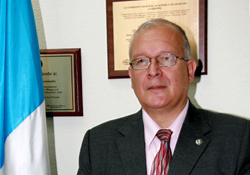
Mar 3, 2014 | Artículos, Noticias
La CIJ lamenta la muerte del Sr. Magistrado de la Corte Suprema de Justicia César Ricardo Crisóstomo Barrientos Pellecer, ocurrida el día de ayer domingo 2 de marzo.
Así mismo, expresa sus más sinceras condolencias a su familia, a sus colegas del Organismo Judicial, gremio de abogados y abogadas y al pueblo de Guatemala en general.
La muerte del magistrado César Barrientos deja un vacío muy grande en el ámbito de la justicia y lucha contra la impunidad en Guatemala, ya que siempre se distinguió como un defensor de la independencia judicial y del Estado de Derecho.
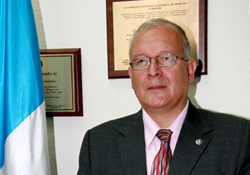
Mar 3, 2014 | News
La CIJ lamenta la muerte del Sr. Magistrado de la Corte Suprema de Justicia César Ricardo Crisóstomo Barrientos Pellecer, ocurrida el día de ayer domingo 2 de marzo.
Así mismo, expresa sus más sinceras condolencias a su familia, a sus colegas del Organismo Judicial, gremio de abogados y abogadas y al pueblo de Guatemala en general.
La muerte del magistrado César Barrientos deja un vacío muy grande en el ámbito de la justicia y lucha contra la impunidad en Guatemala, ya que siempre se distinguió como un defensor de la independencia judicial y del Estado de Derecho.









